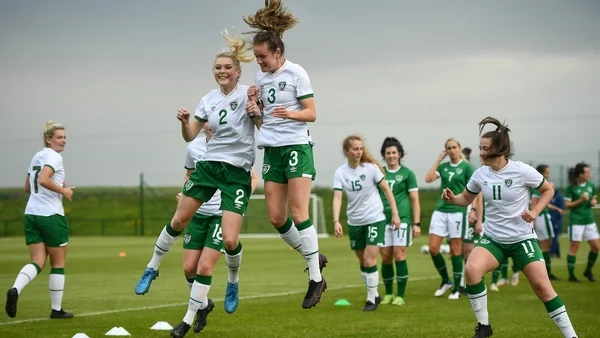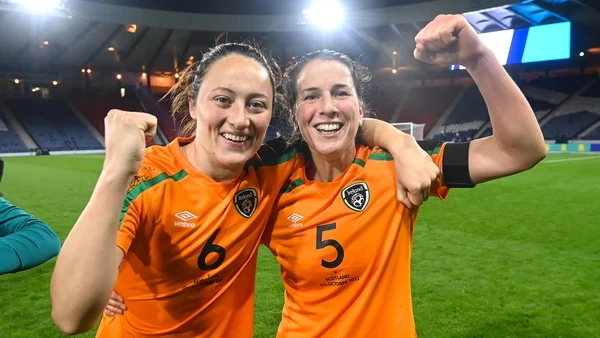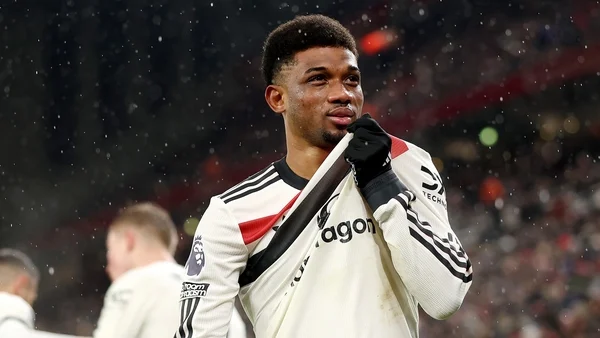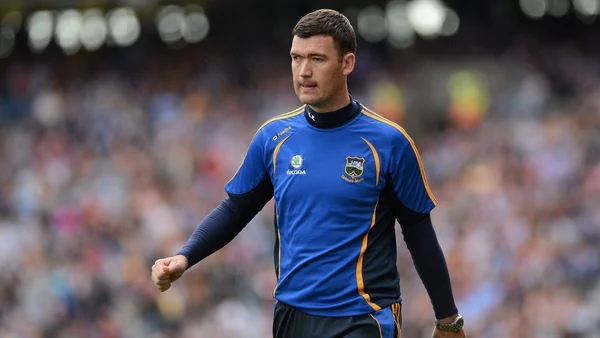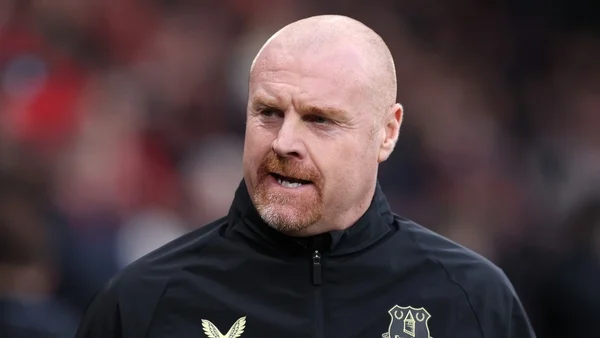A tense Eileen Gleeson press conference on Thursday laid bare a problem in the women's game here that looks unlikely to be solved very quickly.
Earlier this week, Athlone Town boss Ciaran Kilduff bemoaned the Republic of Ireland's lack of communication with managers in the SSE Airtricity Women's Premier Division regarding the best talent in the league.
"The question was put to me, have I ever gotten a call from an Eileen Gleeson or the head of women's football (Hannah Dingley)," said Kilduff. "I haven't is the answer. Is that damning because I'm managing the champions who are going to the Champions League and have a load of young Irish girls? I would say yeah."
After announcing her squad for the upcoming Euro 2025 play-off semi-final against Georgia yesterday, Gleeson was asked for a response.
"We watch players every single week in the League of Ireland," she said. "And I, over 30 years, have been the biggest advocate of League of Ireland and its inception at National League and promoting League of Ireland players being integrated with international pathways.
"So statements that we don't watch players are completely inaccurate."
Gleeson became frustrated at the line of questioning, eventually exclaiming: "You should have brought Ciaran in today. This is the squad announcement, so I'm done talking about Ciaran Kilduff."
The Dubliner pointed out that she has given several players from the league a chance. Erin McLaughlin, Freya Healy, Ellen Dolan, Jess Fitzgerald, Eva Mangan, Julie-Ann Russell and Katie Keane have all been brought into various Ireland squads over the last year, though only Russell and McLaughlin - who is now at Portsmouth - have gotten on the pitch.
Kilduff's contention is that without the home-based sessions - discontinued by the FAI - and in the absence of an Under-23s national team, there are not enough opportunities for LOI players to stake a claim.
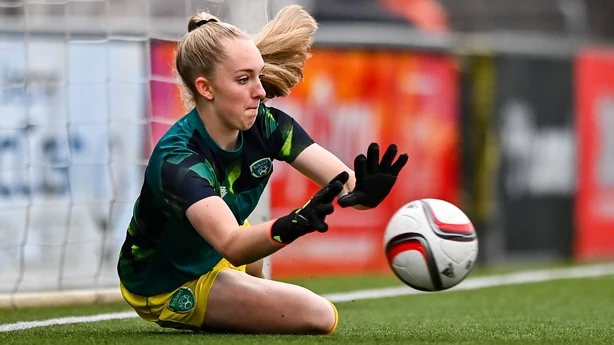
"There's load of players in this league who I think need to be told, 'you're doing well'," he added. "Just that carrot would give me and other managers a little bit of ammunition or fuel to keep players committed, to keep players ambitious, to keep players motivated."
You can understand the logic in both their arguments.
The bigger problem here is that there is no bridge between U19s and senior level. Kilduff is correct to talk up the abundance of young talent in the Premier Division; and Gleeson is correct to assert that it's unrealistic to expect players at that level to be able to step up and compete against an England, Sweden or France.
With Ireland likely to bounce back up to League A when the next Nations League rolls around in 2025, clashes against Europe's best could be frequent. Therefore there's a real need for a bridge to give the LOI contingent a taste of international football without throwing them in at the deep end.
And right now, there's a lack of clarity on what's going to happen.
When Gleeson was asked about the establishment of an Under-23s side, she said: "There's no finite timeline. It is currently being developed."
Pressed on whether there is an adequate budget available to support the creation of that team, she replied: "At the moment, it is all being developed so I have no specifics to give you.
"There is a plan. I just said it, but I can’t give you any details.
"I have explicitly said that is what we need and that is what we are working towards. I don't have any specifics or finite timelines for you. You can ask me in 20 different ways, but I won’t have an answer for you."
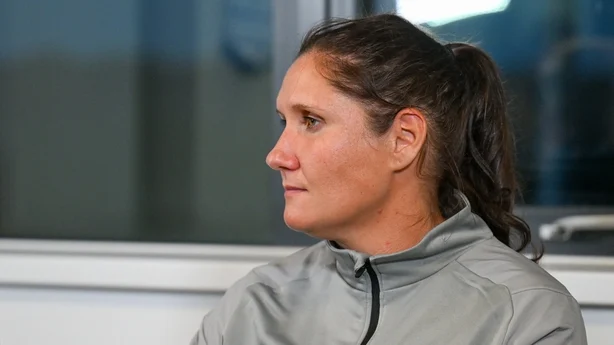
So there's a plan, but no timeline and a lack of real specifics.
Meanwhile, the Emerging Talent Programme has been shelved with the FAI intent on increasing coaching hours for the best 14 to 17-year-olds in the country instead.
To do that, they must strengthen academies with more investment. Last month, FAI chief football officer Marc Canham said Government-aided academy funding of around €10m per year would "completely transform" the development of young Irish footballers. Even if that were to materialise, it's not going to happen overnight.
It heightens the sense of purgatory as Ireland head for a crucial six weeks. The Girls in Green have never reached a Euros so there's another barrier to be smashed if they can overcome minnows Georgia and then either Wales or Slovakia.
But things are rarely straightforward when it comes to our national teams. Gleeson's contract is up after the Switzerland-hosted tournament next summer, and it's unclear if she wants to stay on beyond that.
The recruitment process to replace Gleeson as the FAI's head of women's and girls' football at the start of the year raised eyebrows after it was reported that the decision to make the role a fixed-term appointment rather than a permanent position led to some candidates dropping out of the race.
Welsh coach Hannah Dingley ultimately got the job, but speculation mounted that she might just be keeping the seat warm for Gleeson to go back to her old gig after the Euros.
It's a crucial position, as the ever-rising levels of participation in the girls' and women's game enhances the need for a cohesive pathway from the bottom right to the very top.
Now is not the time for internal fractures and fallouts.
